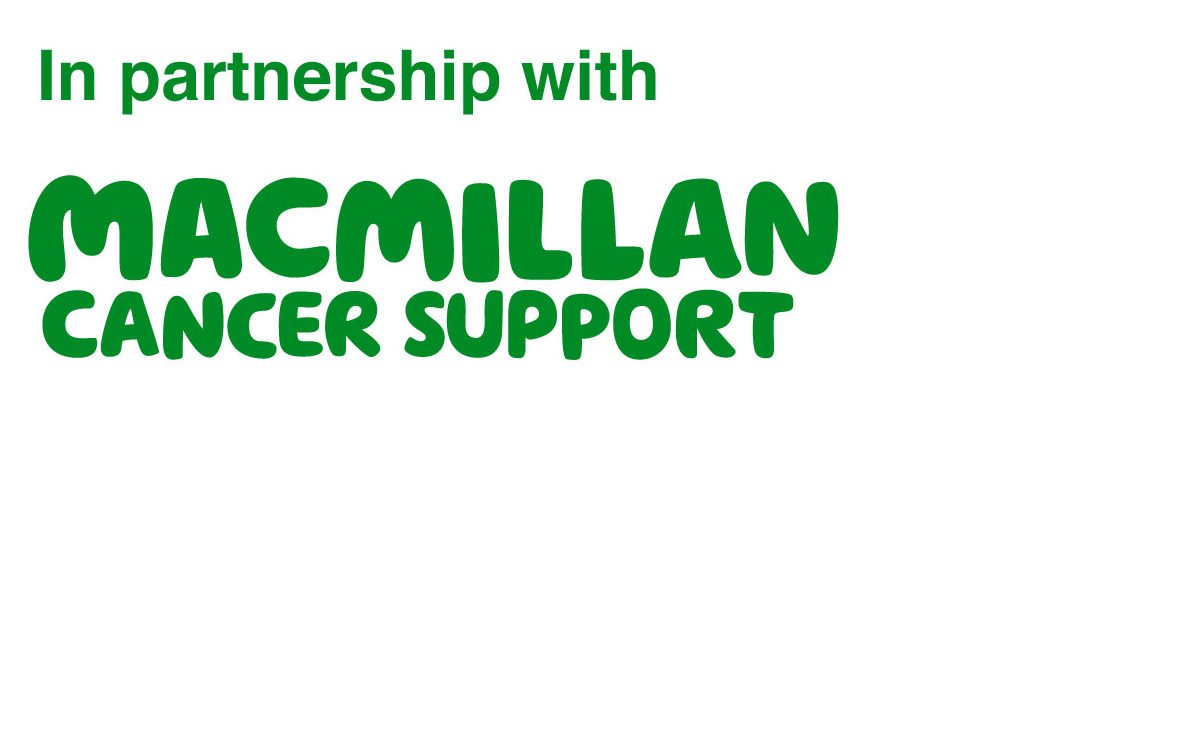Nausea self-care advice
Make sure you are taking your anti-sickness medication as prescribed.
Eat several small meals and snacks each day and chew your food well. Keep meals fairly dry.
Eat cold or slightly warm food if the smell of cooked or cooking food makes you feel sick.
If the smell of hot food makes you feel nauseous try to eat cold or at room temperature food (that has been previously thoroughly cooked). Try to avoid preparing or eating food when you feel sick. Use ready meals/ tinned foods. Ask someone else to prepare your food if this is possible. Try to keep away from cooking smells. Microwave cooking produces less smell. Avoid eating greasy/fried food and hot/spicy foods. Suck ice cubes, unless you are receiving oxaliplatin.
Drink lots of liquid (unless advised not to do so from a healthcare professional), taking small sips slowly throughout the day – this will help to stop you becoming dehydrated, which is very important. Try to drink between meals rather than during meals.
Wait for half an hour after food before having a drink. Some patients find sipping a fizzy drink such as soda can help.
Ginger products can sometimes help. This can include: ginger tea, ginger beer, ginger biscuits or an infusion of hot water and stem ginger.
Good mouth care is important so gently clean your mouth and teeth after every meal.
Complementary therapies may help, but always consult with your chemotherapy care team about it. Only go to accredited therapists. Acupressure has benefit in controlling nausea and vomiting. An acupressure band is an adjustable elastic wristband that has a rounded stud on it. The wristband is positioned over the P6 point of the dominant wrist, or both wrists, and can be purchased. The P6 point is located about three fingerbreadths above the skin crease of the wrist.
Try eating a biscuit or some toast before you get out of bed with a cup of tea/your usual drink.
Try getting some fresh air before meals to distract you from the thought of food. Other distraction therapies that could be used in addition to antiemetic therapy (ie music, moderate exercise, relaxation, breathing exercises).
Avoid tight or restrictive clothing. Avoid lying down immediately after eating.
If you have had nausea before, during your chemotherapy, think about what helped and try it again.
